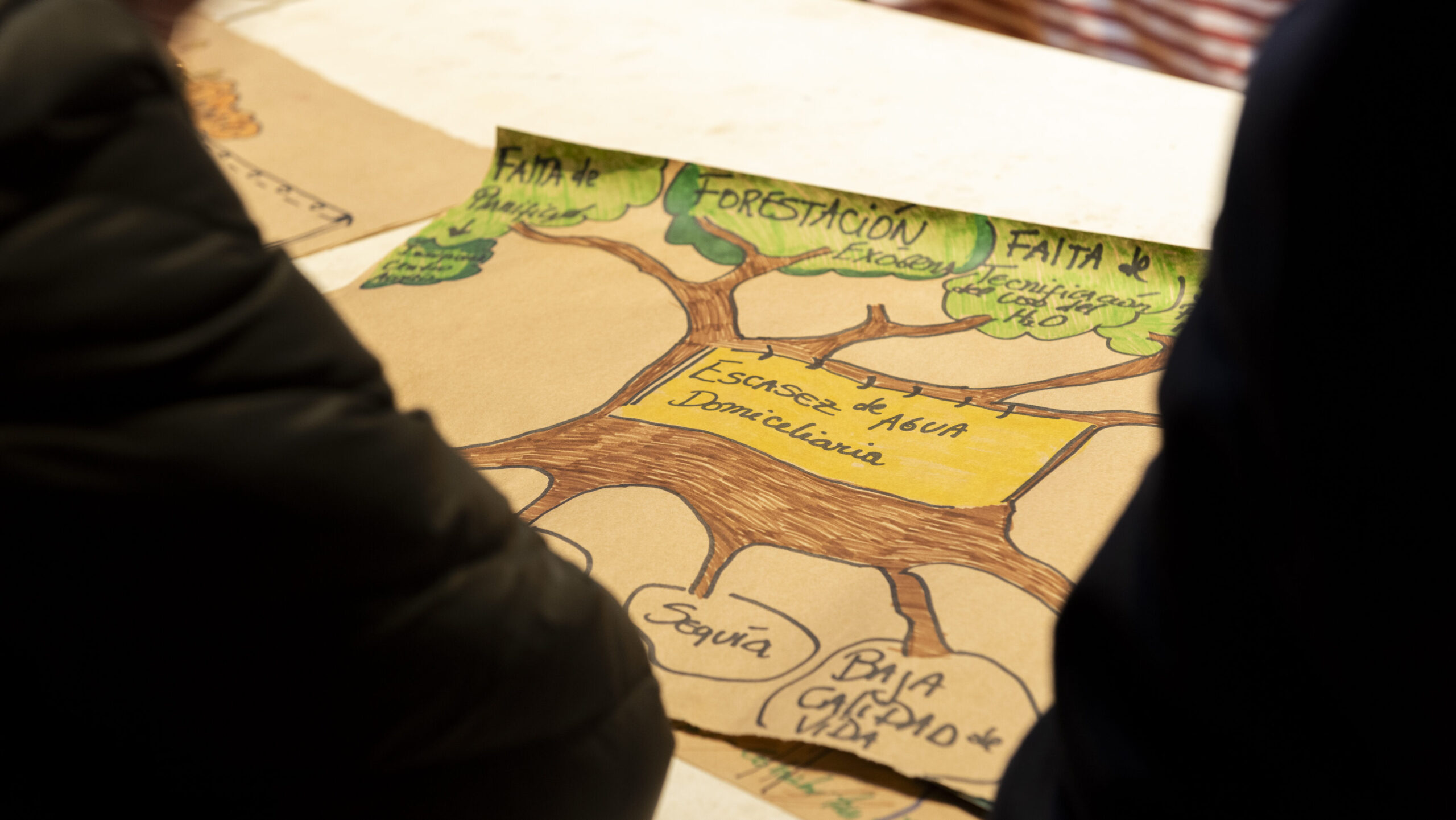Teacher continuous professional development in climate change education: Analyzing teachers’ perspectives

This paper explores teacher continuous professional development (CPD) in climate change education, focusing on two programs implemented in Chile. Combining a literature review with an analysis of materials produced by teachers, the study highlights the innovative approach of examining CPD programs through teacher-created materials. Teachers in both programs designed educational activities on climate change, forming the research core. Using the “In-vivo” coding technique, the study identifies the presence of key elements for effective CPD: active learning, collaborative learning, outdoor and place-based learning, culturally relevant teaching, sociopolitical perspectives, and emotional responsiveness. The research underscores the need for transdisciplinary integration and contextualized education. It offers recommendations for enhancing existing CPD programs and developing new ones, emphasizing the importance of combining scientific approaches with local knowledge to address the complexities of climate change education. The findings aim to inform the global community and support the integration of climate change education into school curricula.
Información
2025
Artículo
local_offer Líneas de acción


